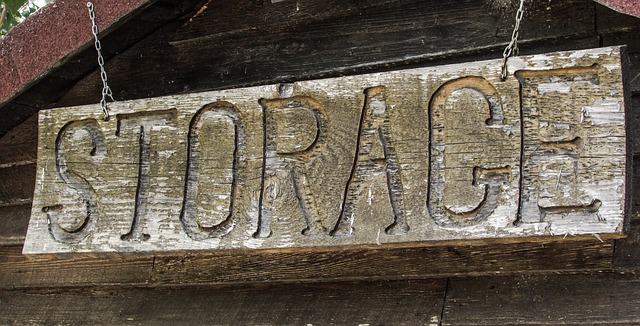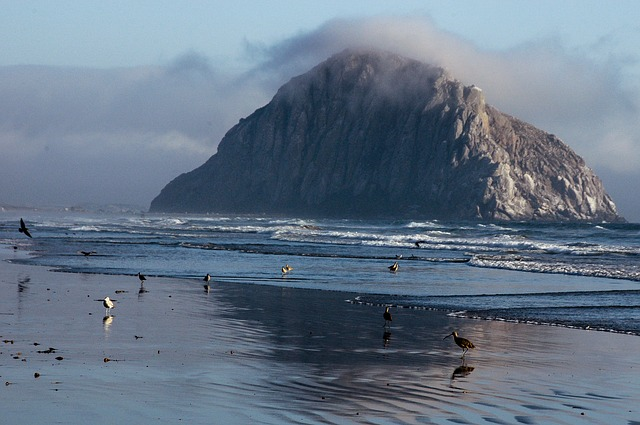
Feds Reject Science to Move Brown’s Tunnels Forward
Clean Energy Needs Storage
Sierra Club California Summit Shapes Up

Feds Reject Science to Move Brown's Tunnels Forward
By Kyle Jones
Federal agencies responsible for upholding the Endangered Species Act brushed aside science and their own earlier studies in an assessment that permitting agencies will consider as they determine whether to allow the Governor’s unnecessary and expensive twin tunnels.
The U.S. Fish and Wildlife Service and the National Marine Fisheries Service released a long-awaited biological opinion on June 26 about the harm that the proposed tunnels would have on fish and wildlife. Contrary to both common sense and science, the agencies concluded that construction of the massive two tunnels would not jeopardize already endangered species.
The Delta Tunnels project pushed by Brown would involve building two tunnels the diameter of a four-story building and stretching for 35 miles. The tunnels would span from the Sacramento River above the Delta to an outlet below the Delta. Scientists have shown that once completed, the tunnels will increase salinity and water temperature in the Delta. Their use will also decrease overall water quality, as cool, fresh water from the Sacramento River is needed for the health of the Delta and its species.
Draft biological opinions had noted that a number of species will suffer harm from construction and operations of the tunnel, including Chinook Salmon, Delta Smelt, and Sandhill Cranes. The latest and final draft of the biological opinion reflects a nearly complete about face by the two agencies since the Trump Administration took power.
Fortunately, three days after release of the opinion, a coalition of groups involved in protecting the Delta filed a lawsuit charging that the agencies’ biological opinion was arbitrary and capricious and violated Federal Endangered Species Act requirements.
Key Financing Votes Lie Ahead
While the biological opinions simmer, two key water agencies have noted that they will be taking votes in September on whether they will finance the tunnels. The price tag—a whopping $68 billion with finance costs—will be borne by ratepayers who rely on Delta exports.
One of the two agencies is the Metropolitan Water District of Southern California. It represents a wide swath of land from Los Angeles to the Mexican border and from Santa Monica to the Inland Empire and sells water to local water agencies that operate within its territory.
The other key urban agency anticipating a vote is the Santa Clara Valley Water District, which provides water to San Jose and the Silicon Valley.
These agencies will hear from our members and the public over the next few months about how the tunnels don’t pencil out. Our members and others will try to persuade the agencies that it makes better sense to develop local supplies--including through conservation, efficiencies, recycling, stormwater capture, and groundwater cleanup and restoration—rather than spend billions on the tunnels and their uncertain outcome.
Reducing demand through conservation and efficiency are the cheapest sources of water. Groundwater can be cleaned up to provide local sources of water and storage. Stormwater capture and water recycling can be advanced to produce more climate-resilient supplies. All of these options are more cost-effective and environmentally responsible than the tunnels.
If you would like to help persuade the agencies to reject the tunnels, contact Kyle Jones at kyle.jones@sierraclub.org.

By Edward Moreno
California continues to charge ahead in the fight against climate change by advancing fossil-fuel-free energy. By the end of this year, the state could be on its way to achieve a 100% clean renewable grid by 2045.
To achieve a 100% renewable grid, distributed energy storage sited near customer load will be pivotal for total integration of renewables like solar and wind. More customer-side storage also means less dependence on dirty natural gas during peak demand.
Senate Bill 700 (SB 700) by Senator Scott Wiener, which is scheduled to be heard in Assembly Utilities and Energy Committee on July 12th, can help make demand-side storage a statewide benefit.
Demand-side storage includes technology such as lithium ion batteries or flow batteries are used to store energy from a generation source, such as a solar photovoltaic system on site, for use at a later time.
The bill attempts to do for storage what the California Solar Initiative has done for solar energy generation—bring the technology to scale and spur innovation and the jobs that come with it.
The Self-Generation Incentive Program, the current incentive program for storage, just isn’t cutting it. It lacks the long-term certainty that gives confidence to companies and encourages them to invest and grow.
SB 700 would extend the current storage incentives to bring down costs for this demand-side technology. It would create a ten-year long program to provide the certainty for investment and the market transformation we saw with solar.
SB 700 paves the way for the state--especially those hardest hit by the impacts of climate change and those with the poorest air quality in the state--to take advantage of the benefits of demand-side storage, including reduced dependence on dirty fossil fueled power plants, increased renewable energy generation, improvements in air quality, and reduced electricity bills as a result of energy-use flexibility.

Sierra Club California Summit Shapes Up
By Meg Gunderson
Developing skills and attitudes to help continue the resistance in California to national trends under Trump will be a focus at Sierra Club California’s annual summit in October.
This year’s keynote speaker on Saturday morning will be Jim Araby, executive director of the Western States Council of the United Food and Commercial Workers.
Araby is widely considered to be a bold and effective political thinker in California. He will share his thoughts about organizing and expanding progressive political power in California in the Trump era.
On Saturday afternoon, during the workshop period, nationally known and celebrated storyteller Olga Loya will lead workshops designed to help participants effectively communicate about the environment, about environmental issues, and about why others should be involved.
And everyone will have an opportunity to hear stories and practice storytelling skills at a campfire Saturday evening after dinner.
The two-day summit will be held the weekend of October 27-29th, at a rustic camp near San Luis Obispo. Space is limited, so sign up now.
It begins Friday night with a casual pizza party, followed on Saturday by panels, workshops, and time to hike. Some necessary Club business will occur on Saturday, but most of the issues committees, resolutions and the like will occur on Sunday. You can find more details here.
Every Sierra Club member is welcome to attend, and admission is low. The entire weekend, including rustic lodging in a bunkhouse-style cabin or pitching your own tent, from Friday evening through Sunday morning, costs just $70. Pizza on Friday evening, lunch and dinner on Saturday and breakfast on Sunday are included.
If you attend for just one day, the fee is $35. Even then, nobody is turned away from the meeting due to lack of funds, and some scholarships are available.
Follow Us:
  |
Thank you for being a part of our work! Consider making it monthly. You may securely donate online or by sending a check to Sierra Club California at 909 12th Street, Suite 202, Sacramento, CA 95814.
